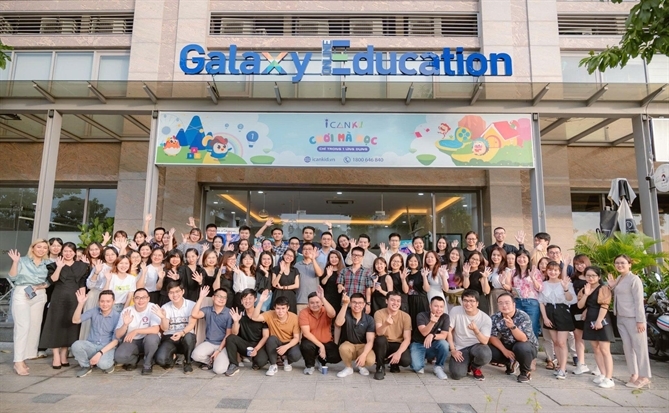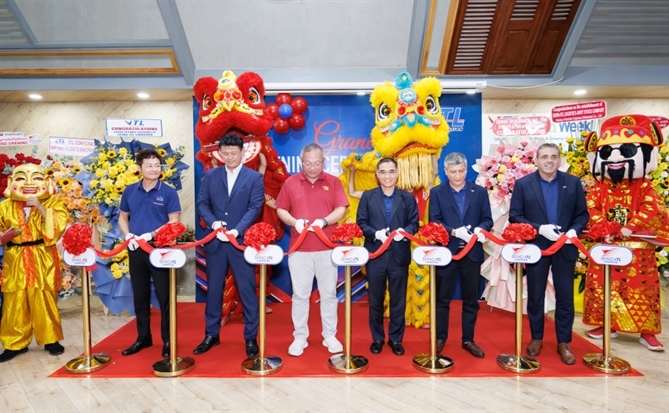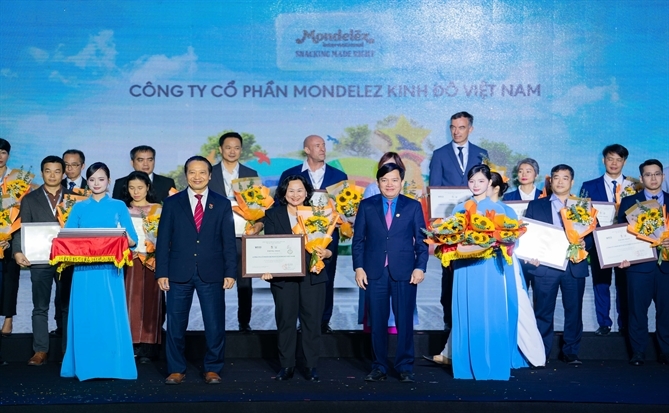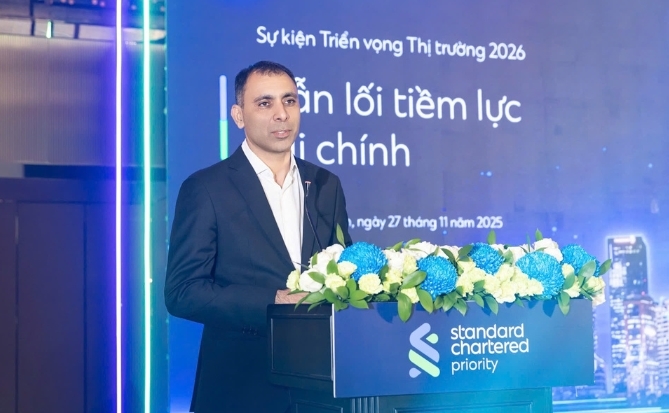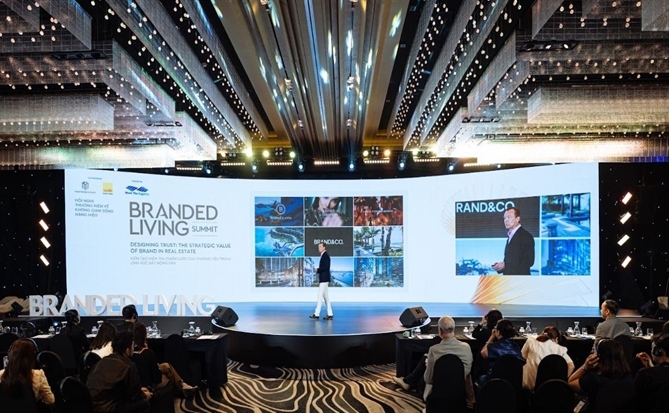Vietnam and Cambodia are attracting Japanese garment manufacturers away from China
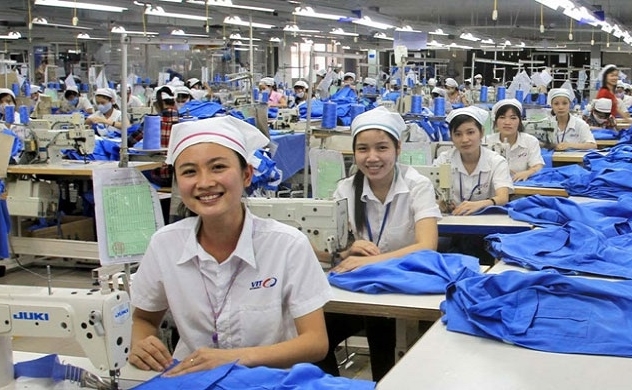
Photo: Internet
With the yen falling and raw material costs rising, garment businesses are cutting expenses in whatever way they can.
The Regional Comprehensive Economic Partnership (RCEP), an Asia-Pacific trade agreement that took effect in January, has given businesses a fresh lease of life.
Major garment firms, such as Adastria, Aoyama Trading, and Uniqlo suppliers, are shifting part of their production bases to RCEP member nations in Southeast Asia to take advantage of textile import duty reductions or exemptions.
Adastria, which owns well-known fashion labels such as Global Work, has boosted production in Cambodia and Vietnam beginning this year, mostly for conventional items such as blouses. As of August, the volume-to-production ratio in Southeast Asia had risen to 22%.
The corporation intends to extend manufacturing regions to include Indonesia, Bangladesh, and other nations, and to raise Southeast Asian output to 50% by the fiscal year ending February 2026.
The proportion of the company's clothes imported into Japan made in China declined to 59% in 2021, from 81% a decade earlier.
Meanwhile, Aoyama Trading, a prominent menswear manufacturer, is increasing its product purchase from Indonesia and Vietnam.
Matsuoka Corporation, a contract manufacturer for Uniqlo subsidiary Fast Retailing, manufactured 50% of its apparel in China in fiscal 2022 but expects to reduce that to 29% by fiscal 2025.
During the same time span, output in Bangladesh will expand from 28% to 34%, and in Vietnam from 16% to 28%. The corporation is also expanding its manufacturing capacity in both nations, having committed 8.7 billion yen ($64 million) to additional factory investments during a two-year period ending in March 2023.
Beginning in 2010, the movement spread into Southeast Asia as part of a "China plus one" policy in response to growing labor prices in China as a result of the country's economic progress.
According to the Japan External Trade Organization, the average monthly wage of a factory worker in Guangzhou, China, has reached over $670, much above the around $270 monthly wage in Ho Chi Minh City, Vietnam, and the $120 figure in Dhaka, Bangladesh.
Nitori, a furniture and homewares conglomerate, intends to increase manufacturing at a facility in Vietnam. And Okamura, an office furniture producer, has changed the material used for its chair cushions so that materials from outside China may be utilized.
Source: Nikkei Asia

 TIẾNG VIỆT
TIẾNG VIỆT 

_131447820.png)
